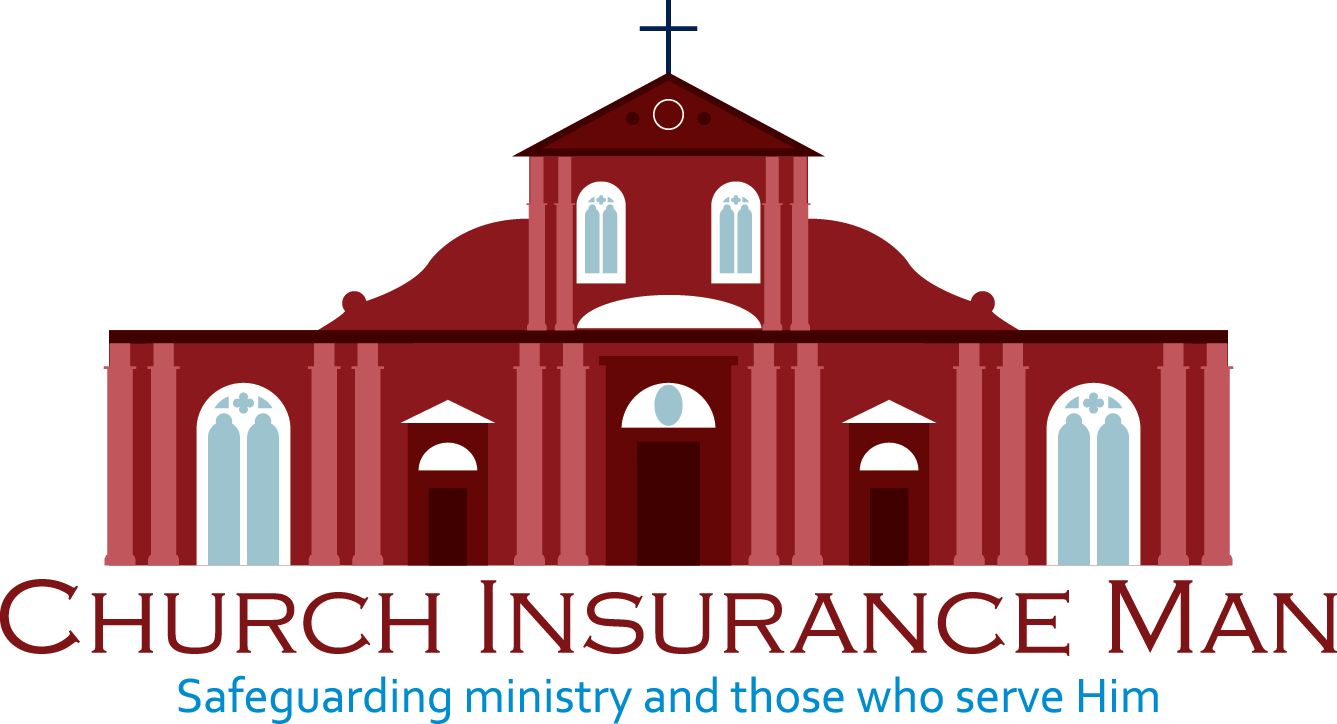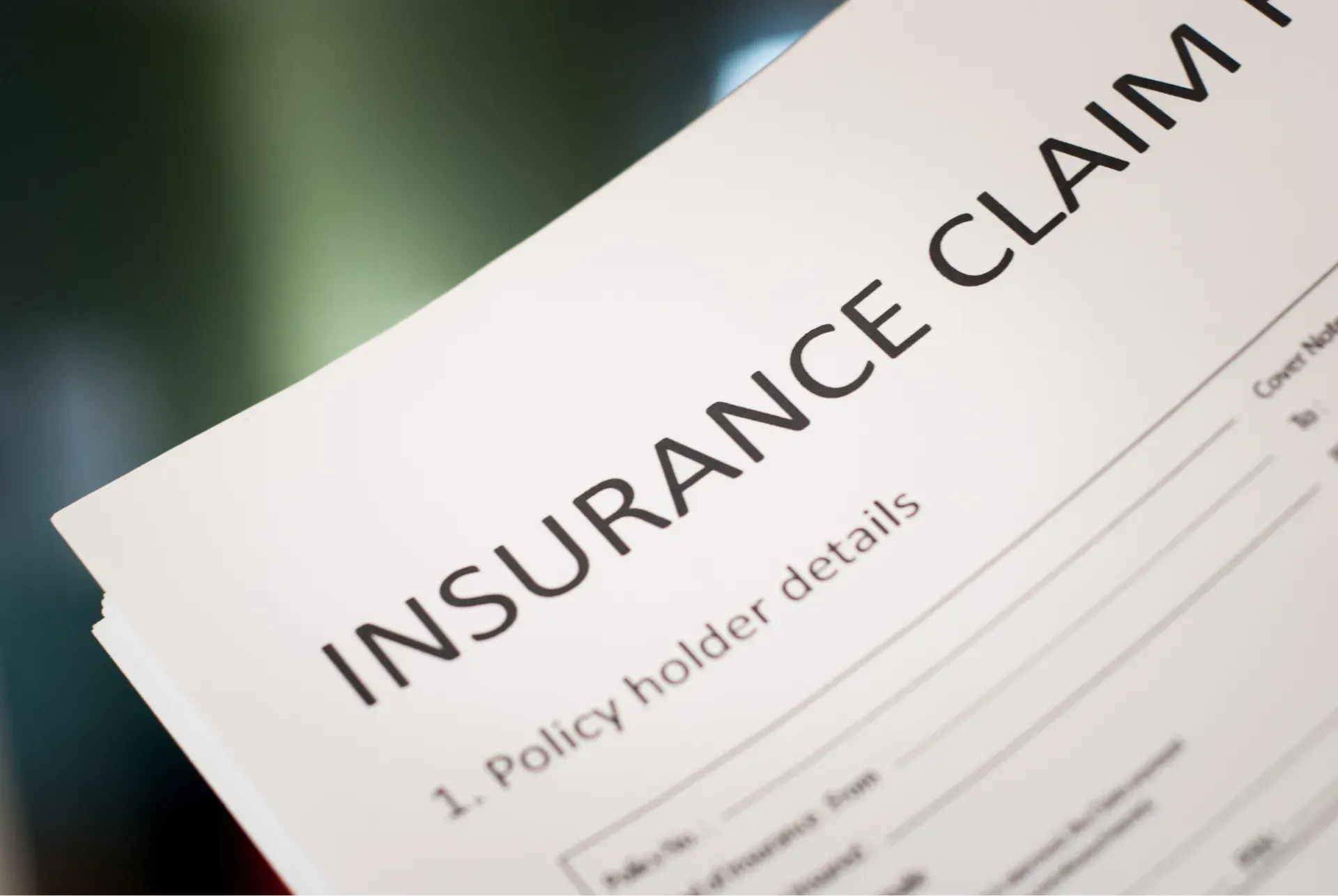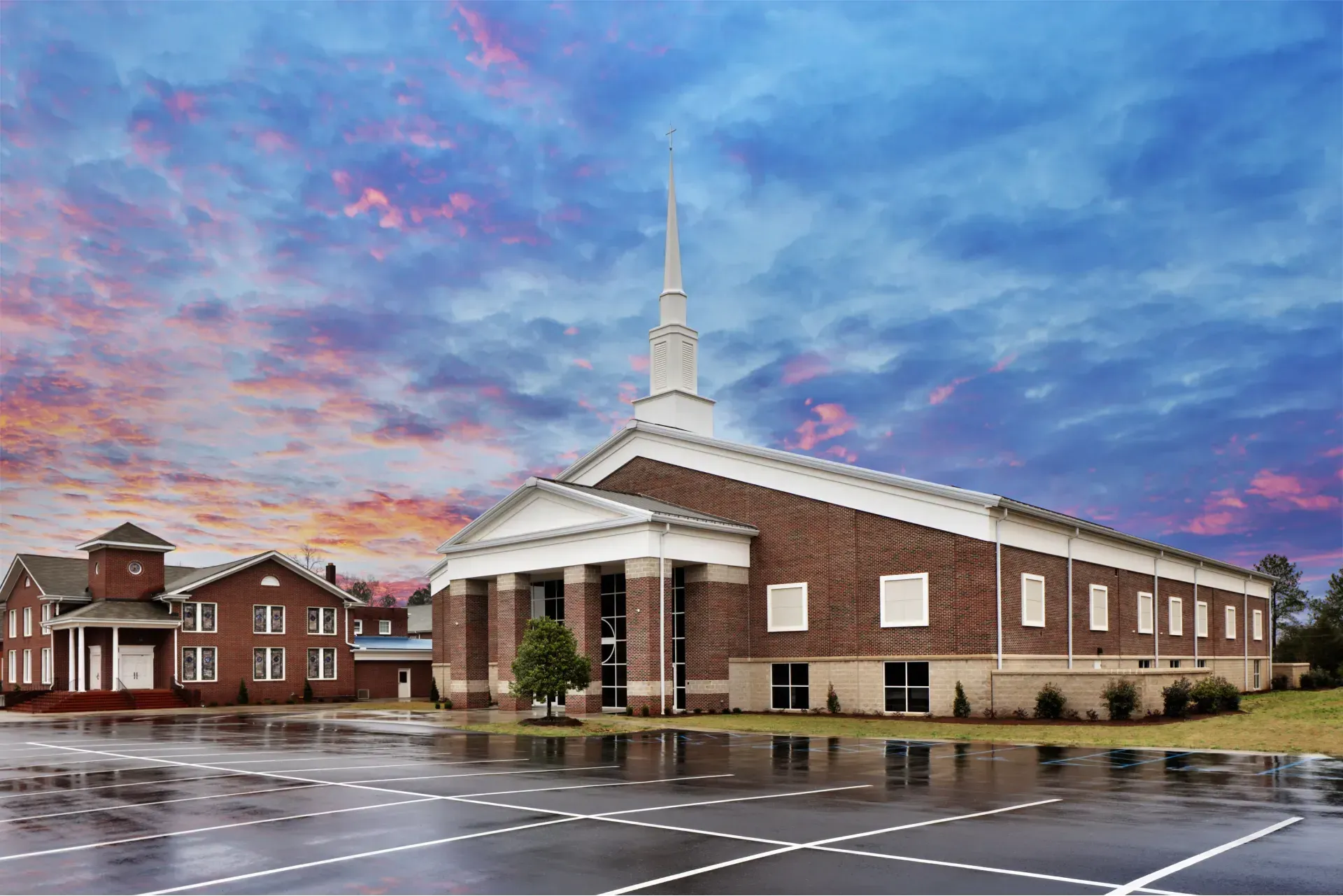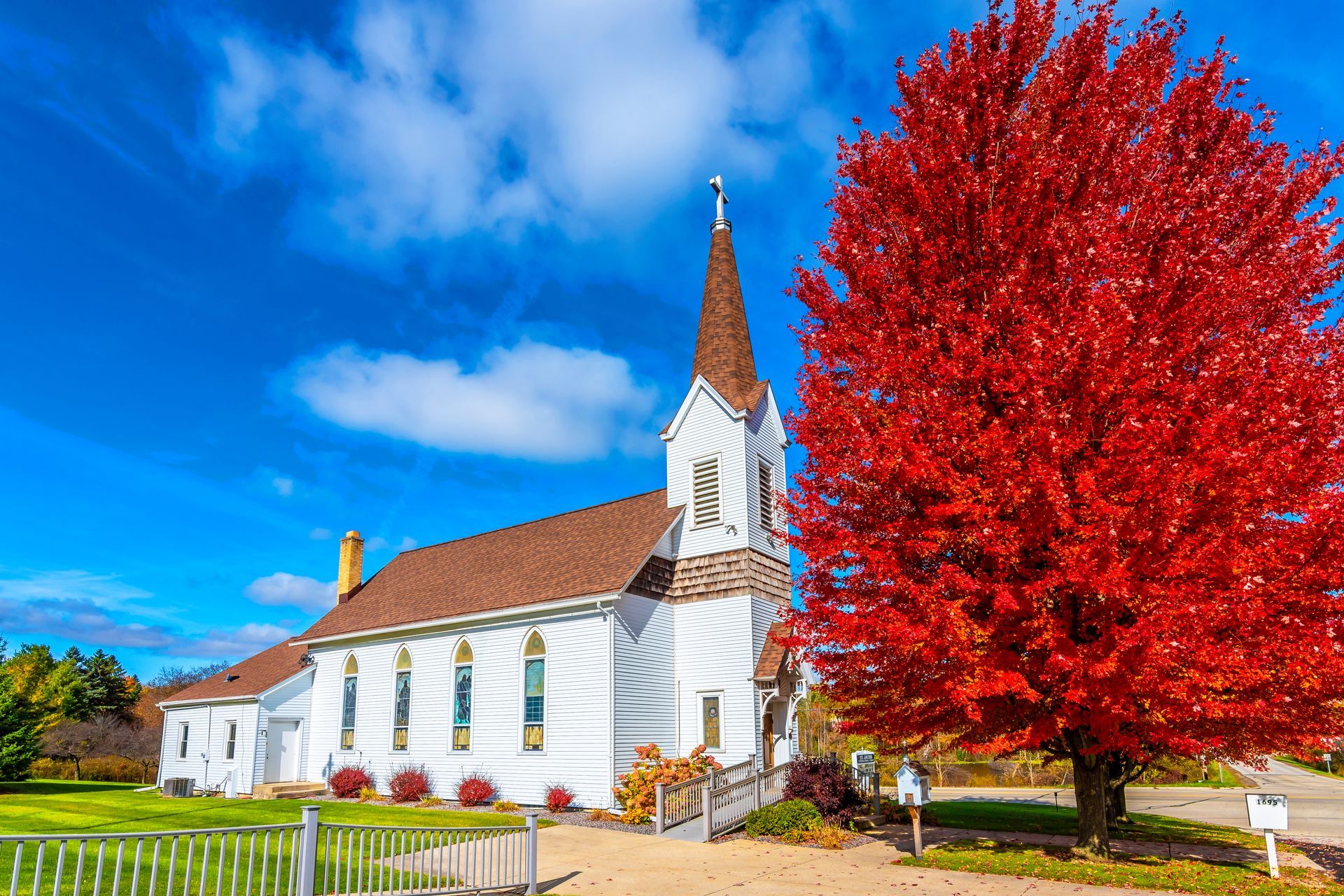Exploring Property Insurance for Churches: What You Need To Know
What You Need To Know About Church Property Insurance
Churches, despite being places of worship and sanctity, are not immune to accidents, natural disasters, and malicious acts. To safeguard the congregants and preserve the institution's legacy, it is essential for church administrators to secure adequate insurance coverage. Among the different types of insurance policies available, property insurance is particularly crucial to ensure the church's building, grounds, and contents are protected in case of an unfortunate event. In this comprehensive guide, we will take a deep dive into the various aspects of property insurance for churches, covering everything from selecting the right policy to understanding potential exclusions, and navigating the claims process.
Property insurance protects churches from financial losses due to physical damage or destruction of the church building, its contents, and other structures within the premises. It encompasses a wide range of potential perils, such as fire, theft, vandalism, storms, and other natural disasters. As every church is unique in its construction, features, location, and community, it is essential to thoroughly evaluate these factors when selecting an insurance policy. By understanding the nuances of property insurance, church administrators can make informed decisions and minimize the institution's vulnerability to unanticipated setbacks.
In the following sections, we will discuss the various features and components of property insurance policies. This
guide will help church administrators
better understand the significance of property insurance and enable them to make educated choices when selecting and customizing their coverage. Topics include understanding different policy types, figuring out the appropriate amount of coverage, identifying potential exclusions, and navigating the claims process. By taking a proactive approach to securing the church's assets, leaders can focus on their spiritual mission and serve the needs of their congregation with confidence and peace of mind.
Understanding Different Types of Property Insurance Policies
Navigating the landscape of church property insurance policies can be confusing, especially with the myriad of coverage options available. Therefore, it is crucial for church administrators to familiarize themselves with the most common policy types.
Church Property Insurance Coverage
1. Replacement Cost Coverage: This kind of policy covers the expenses involved in replacing or repairing damaged property without considering depreciation. For instance, if a church's roof is destroyed in a storm, this policy will cover the cost of installing a new roof, irrespective of the old roof's age or condition. Replacement cost coverage is recommended for churches seeking comprehensive protection and a solution that allows them to restore their property to its pre-loss condition.
2. Actual Cash Value Coverage: Unlike replacement cost coverage, actual cash value policies take depreciation into account when reimbursing losses. The coverage amount is determined by deducting the depreciation from the replacement cost of the damaged property. While this policy type comes with lower premiums, it may not provide adequate financial support to fully restore a church's property if a significant loss occurs.
3. Functional Replacement Cost Coverage: Also known as "modified replacement cost" coverage, this policy type provides coverage for the repair or replacement of damaged property with materials and methods that are functionally equivalent to the original construction. It is particularly useful for churches with older buildings or unique architectural features that may be expensive to replace using traditional methods.
Determining the Appropriate Amount of Coverage
Assessing the exact amount of coverage necessary to safeguard a church's property can be a complex task. Church administrators should begin by conducting a thorough inventory of their assets, including the building structure, contents, and any additional structures on the property. This detailed inventory should include estimated replacement costs, accounting for factors such as building materials, labor, architectural fees, and permitting.
Furthermore, it is essential to consult with experienced professionals, such as local contractors and insurance agents, to gain an accurate understanding of potential reconstruction costs. Regularly reviewing and updating the inventory is also crucial, especially if the institution undergoes renovations, acquires new property, or experiences changes in local construction costs.
Identifying Potential Exclusions and Endorsements
While standard property insurance policies cover a wide range of perils, certain risks and situations may not be covered. Church administrators should examine their policies for potential exclusions and assess whether additional endorsements are necessary. Common exclusions in church property insurance policies may include:
1. Floods and Earthquakes: Natural disasters such as floods and earthquakes are often excluded from standard property insurance policies. Churches in high-risk areas should consider purchasing separate coverage to protect against these perils.
2. Ordinance or Law Coverage: Standard policies may not cover additional expenses incurred due to changes in local building codes or regulations following a loss. Churches with older buildings should consider adding ordinance or law coverage to their property insurance policy to cover the cost of compliance in case of a loss.
3. Stained Glass Windows and Artwork: Unique and valuable features, such as stained glass windows and religious artwork, may not be sufficiently covered under a standard policy. Additional coverage, known as a "fine arts rider," can be added to ensure these items are adequately protected.
Navigating Church Insurance Claim Process
In the unfortunate event of a property loss, church administrators should prepare to navigate the claims process effectively and efficiently. Promptly contacting the
insurance company to report the loss is the first step. It is vital to provide the insurer with thorough documentation, such as photographs, invoices, and estimates, to support the church's claim.
Throughout the claims process, maintaining open lines of communication with the insurance adjuster, contractor, and congregation is essential. Frequently updating stakeholders on the progress of repairs and restoration efforts will help maintain trust and transparency within the community.
In some cases, disputes may arise over the coverage amount, particularly if the church did not have adequate property valuation or if the insurance company challenges the claimed amount. Seeking advice from legal counsel and hiring a public adjuster can help in resolving such disputes.
Conclusion
Property insurance is a vital component of comprehensive church risk management. Understanding the various policy options, determining the correct amount of coverage, identifying potential exclusions, and confidently navigating the claims process can help church administrators safeguard their institution's assets and ensure its continued ability to serve the spiritual needs of the congregation.
By partnering with a
trusted insurance provider like Church Insurance Man, churches can rest assured they are protected against unforeseen disasters, enabling them to focus on their primary mission of spiritual guidance and community support. Ask us about our
church insurance packages today!











